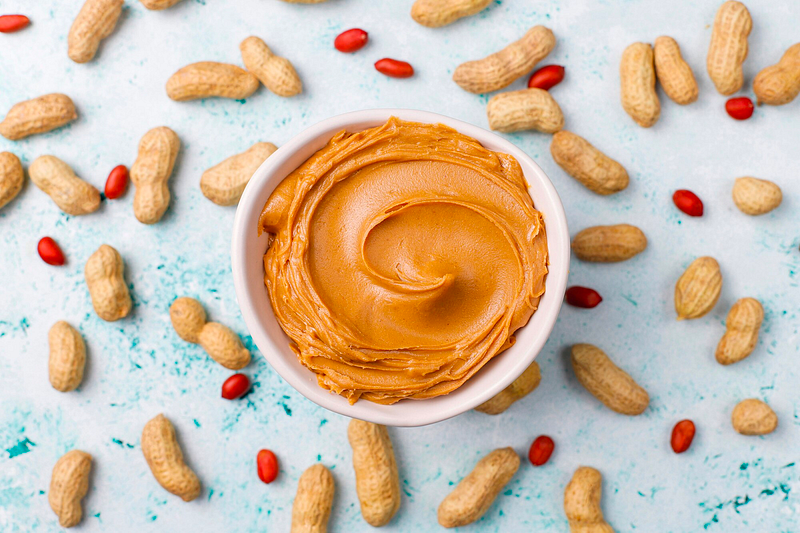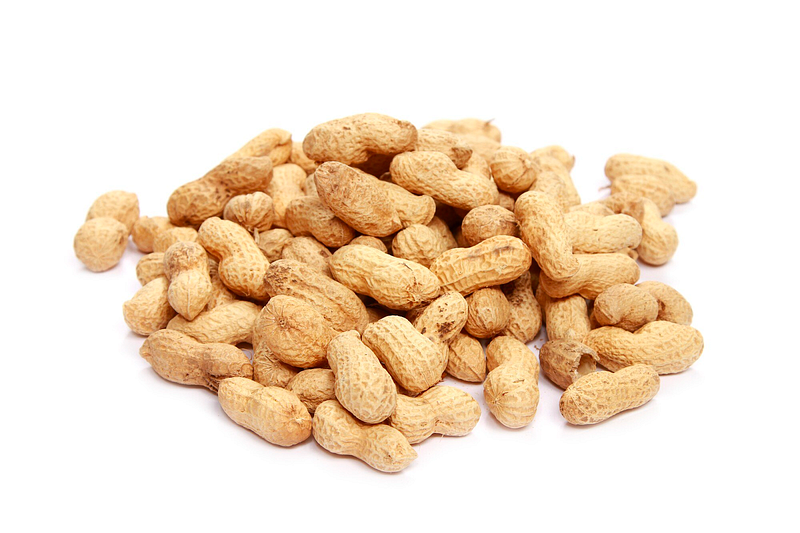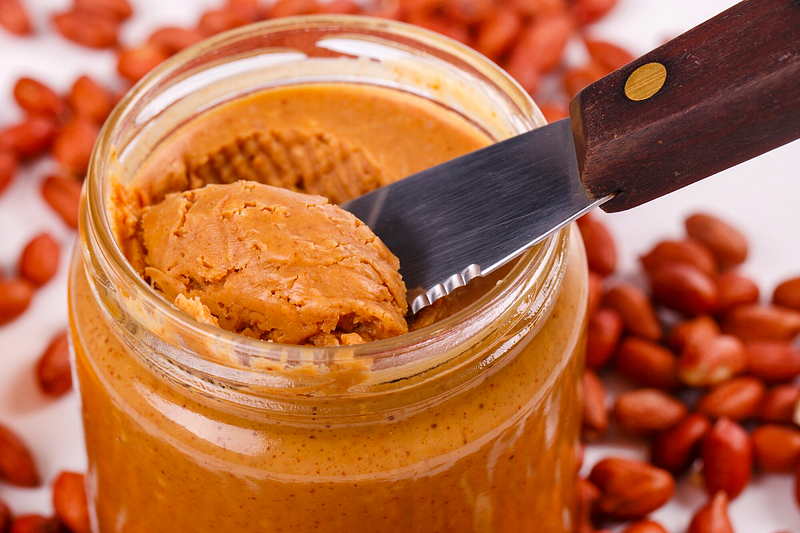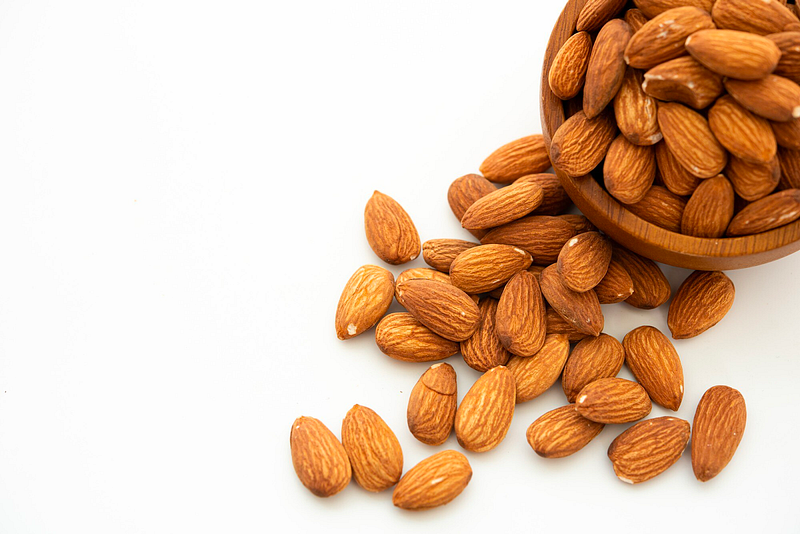In the quest for a wholesome and nutritious diet, we often find ourselves standing in the nut butter aisle, faced with a plethora of choices.
The enticing allure of peanut butter, almond butter, and cashew butter can be overwhelming, but making the right choice can have a significant impact on your health.
You may share these common questions about peanut butter:
- “What is the most unhealthy peanut butter?”
- “Is Skippy bad peanut butter?”
- “What is the safest peanut butter to buy?”
- “Is Jif peanut butter bad?”
- “What are the unhealthiest store-bought peanut butter?”
In this blog, we’ll uncover the pitfalls of certain nut butter and unveil the secrets to selecting the healthiest options for your pantry.

1. The Hazards of Toxic Oils: Why Skippy Might Not Be Your Friend
Step into any health food store, and you might notice the absence of popular brands like Skippy.
The reason is not a disdain for mainstream choices but a keen awareness of the potential dangers lurking in some commercially available nut butter.
Many of these products contain toxic oils, especially soybean oil, which can wreak havoc on your health.
These oils have been linked to an increase in cholesterol levels, elevated blood pressure, and heightened inflammation.
So, when perusing the nut butter section, it’s wise to skip the Skippy and similar varieties laden with harmful additives.

2. The Sweet Trap: Added Sugars in Nut Butters
One common pitfall in the world of nut butter is the addition of sugars.
While a creamy consistency might be tempting, the price paid for it may be too high.
Take, for instance, a seemingly innocent jar of dry-roasted peanuts turned malevolent with the addition of organic honey, organic cane sugar, and two different types of oils: peanut and palm oils.
This concoction doesn’t just satisfy your taste buds — it also congests your system, leading to increased cholesterol levels, cellular congestion, inflammation, and the dreaded belly fat.
Nut butters are inherently sweet; there’s no need to make them unhealthy with unnecessary sugars.

3. Ingredients Matter: The Ideal and the Undesirable
When scrutinizing the ingredient list of nut butter, it’s crucial to distinguish between the ideal and the undesirable.
Opt for nut butter that contains simple, natural ingredients such as dry-roasted peanuts or almonds.
A glance at the back of the jar should reveal minimal additions, with sea salt being a preferable option over processed salt.
On the other hand, be wary of oil-roasted varieties, as these often harbor the detrimental rancid oils we want to avoid.

4. The Organic Advantage: Peanuts, Almonds, and Cashews
When it comes to peanuts and peanut butter, opting for the organic variety can be a game-changer.
Organic peanuts are less likely to have the mold that’s often associated with their non-organic counterparts, providing a cleaner and healthier option.
Similarly, when it comes to almonds and cashews, choosing organic is key.
However, the focus should not be solely on the organic label.
You also want to ensure there are no added oils or sugars, maintaining the purity of these nut butters.

5. DIY Nut Butters: A Healthy and Delicious Alternative
Taking control of your nut butter choices is empowering and surprisingly simple.
Consider making your own almond butter or cashew butter at home.
By doing so, you not only ensure the absence of harmful additives but also get to enjoy the pure, unadulterated taste of the nuts.
Making nut butter from scratch is a creative and fulfilling culinary endeavor that aligns with the philosophy of making food simple.
Conclusion: A Nutty Path to Healthier Choices
In the bustling nut butter aisle, armed with the knowledge of what to avoid and what to embrace, you can confidently make healthier choices for your nut butter indulgence.
Steering clear of toxic oils, sidestepping added sugars, prioritizing simple and organic ingredients, and even venturing into the realm of DIY nut butters are steps toward a more nourishing snack time.
So, the next time you find yourself reaching for that jar of nut butter, remember: it’s not just a tasty spread; it’s a conscious choice for your well-being.













